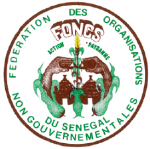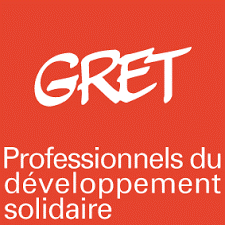TERRIA.
The TERRIA project, led by the Gret and the Fongs (Federation of Non-Governmental Organizations of Senegal), supports agroecological transition dynamics carried out by local farmers' organizations. Its actions target rural areas of the groundnut basin that are particularly vulnerable to the effects of climate change, due to land degradation and food insecurity.
Objectives
- Contribute to greater land tenure security through strengthened decentralized governance arrangements and consultation around new local rules and agreements
- Scale agro-ecological practices based on agriculture / livestock integration and organic market gardening, in order to initiate a real transition in the territory
- Capitalize and share the lessons of the project within the network of Senegalese farmers' organizations and Senegalese actors to feed the debates and reforms in progress
Towards an agro-ecological transition
The project aims to promote the agro-ecological transition of the members of a peasant organization (120 families and 180 women organized in groups) via targeted support aimed at: (i) better land tenure security and (ii) the provision of technical and financial means to enable the adoption of these new practices.
Innovation at the heart of the project lies in its holistic approach and the will to act on these two levers at different levels of organization (family, village, municipality) mobilizing the various authority registers (customary and administrative-legal).
Senegal, and especially the groundnut basin, are among the most vulnerable territories in the face of climate change, land degradation and food insecurity. Engaging an agro-ecological transition is therefore a necessity to improve the resilience of the family farms that live there, but families face many difficulties. Their access to land may sometimes be challenged (by private individuals, local authorities, the State), while investments that must be made on land require long-term security and rules of shared use of common resources.
To improve this situation, the project proposes to help local actors to consult and negotiate local agreements. to secure better land tenure, and to provide the necessary technical and financial support for the adoption of agro-ecological practices by families and women's groups.
Partnership
The project is implemented by GRET and Fongs, which ensure the overall coordination of the project and provide support to 2 local associations: Jig Jam et la Fegpab. The actions are implemented with the support of specialized structures in agro-ecological practices advice (ASPAD and Agrecol) and with a Senegalese research laboratory (UMR IESOLS).


